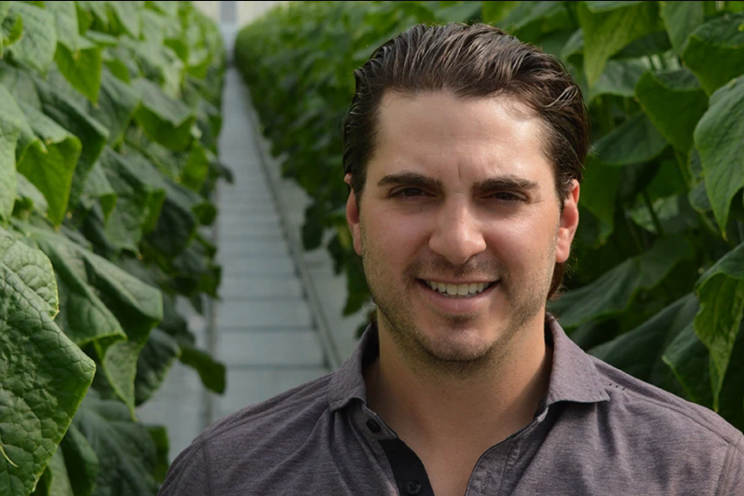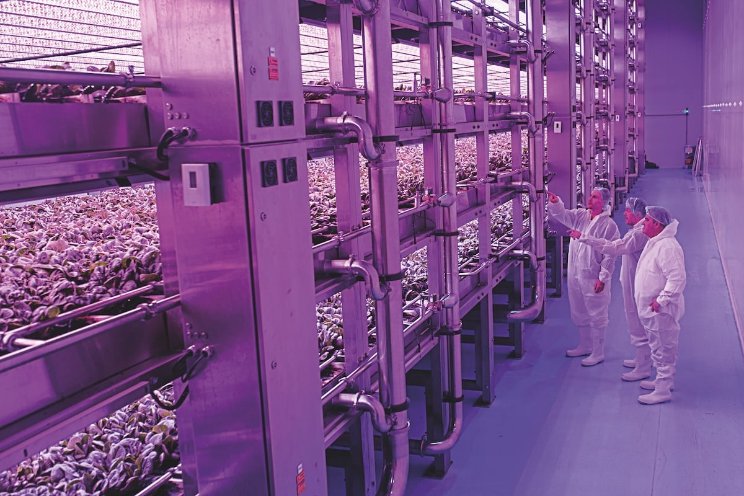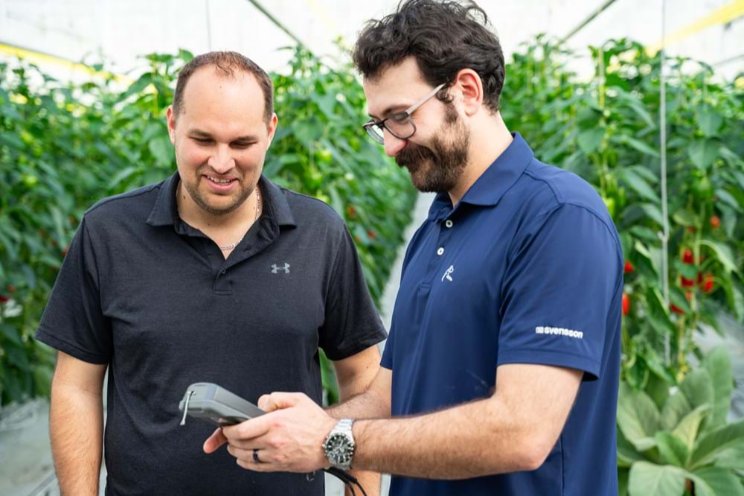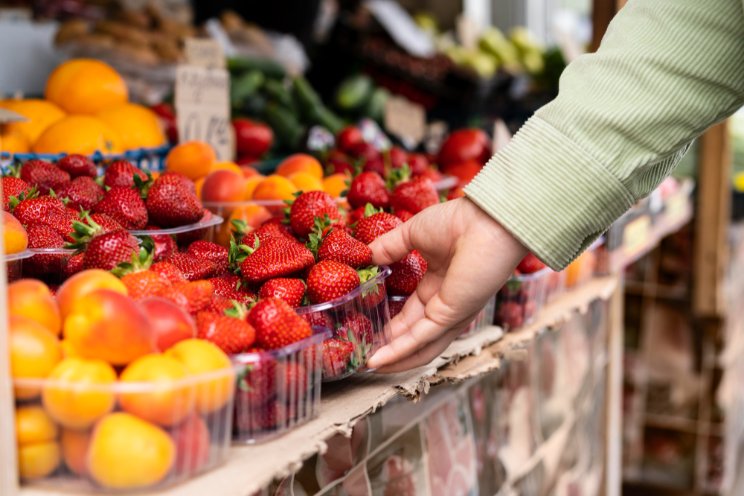The state of the greenhouse industry: Cautious Optimism
Added on 16 August 2020

One thing the survey made clear was that while the crops you produce in a controlled-environment greenhouse setting may differ, the challenges you face and the issues that concern you are the same. For example, the four top concerns that keep you up at night are the economy (51%), recovery from COVID-19/coronavirus (40%), labor costs (35%), and production costs (28%). You report that crop production challenges you struggle with are labor (59%), planning production numbers accurately (36%), insect control (29%), and quality control (14%). And 50% of you run operations that are less than 100,000 square feet, while 21% of you manage operations between 100,000 and 499,999 square feet.
COVID-19/Coronavirus Impacts on Spring Sales Mixed
Dealing with the coronavirus and its far-reaching impacts was another commonality everyone shared this year. Some growers fared better than others during the coronavirus shutdowns, while others were negatively impacted by the closing down of smaller retail establishments.
Now that the economy is opening up again after coronavirus lockdowns, you said that you're most concerned about worker safety and well-being (69%), an economic downturn/recession (64%), supply chain disruptions (37%), and labor shortages (29%).
When asked about spring sales, several respondents on the floriculture side reported slower sales in March and April that they mostly made up for in May and June. And this despite dealing with challenges such as forced closure, aging inventory, limited inventory or availability, decreased customer orders, and disappointing less-than-ideal Easter sales. Most of the floriculture survey respondents agreed that people being confined to their homes created more demand for home gardening and do-it-yourself landscape projects, while overall pent-up demand helped boost sales, which some described as a needed shot in the arm.
Sales of vegetable garden transplants were up this year, even exceeding annuals sales in some cases. It was a different story on the fresh-market produce side, with some respondents saying they or other operations in their area had no outlets for their produce, which hurt their bottom line.
Here's what some of you had to say about the spring season:
The Good
"The demand due to shelter-in-place was very high. As an essential business, we were able to stay open, and because of that we saw many families and first-time gardeners in our retail center. Our wholesale customers also saw the same thing. Demand was extremely high for vegetables. One of our employees said it best: 'Our bedding plants and shortages were the supermarkets' toilet paper.'"
"Increased customers at our farm corner market buying fresh fruit and vegetables."
"We are up 41% this spring, a positive impact despite all the uncertainty in the world."
"Fortunately, business stayed steady during the pandemic. It seemed most patients were going into dispensaries and buying their entire allotment in one visit, which in turn made it harder for us to keep up with supply demands."
The Bad
"We lost Easter sales and pansies."
"No garden club sales."
"Lost 65% of business, as we were invested in restaurant sales. But we turned it around by selling retail to individuals. Net profits are back to previous level."
The Ugly
"Easter lilies and churches were a disaster. No funeral visitations mean no displays for visitations."
"Cancellations after the crops were grown."
"We could not ship for two weeks after everything shut down. We lost crops in the field and quite a bit of harvested product we had on hand. Also, future plantings were not scheduled during this time."
Growers Predict Short-Term Gains and Long-Term Consequences
Survey participants expressed concerns about the future, predicting long-term COVID impacts such as economic downturns, labor shortages, unemployment, and sales channel disruptions. And while many expect short-term gains, others foresee business closures looming in the future, and other negative impacts. Surprisingly, some respondents predicted disaster for big box growers and a boost for smaller operations, despite big boxes remaining open during the lockdowns.
Two growers had this to say about the short- and long-term impacts of the coronavirus on the controlled-environment industry:
"I hope to see it have a positive effect as people spend more time at home, get away from technology, and back into nature. Throughout the spring season, I have said this is the industry to be in right now. We offer positivity and color; what could be better?"
"I worry what the economic impact will be long term as people lose jobs and disposable income. How many people will consider cannabis as an essential part of their lives, like true medicine, or does it fall under the disposable income category when times get tough? I also anticipate a push for adult-use sooner than initially planned to recoup debt from COVID-19 through its taxation."
This year has brought challenges and opportunities so far and will continue to do so. One thing is certain. The coronavirus has been an impetus for change in the controlled-environment community.
One grower summed it up best with these words:
"It smashed many of the industry's traditional ways. We were forced to think about and implement new procedures that without COVID-19 we would never have done. We need to keep challenging what we do and why we do it.
Source: Greenhouse Grower
Photo: Rainbow Greenhouses
Source: Greenhouse Grower
More news















